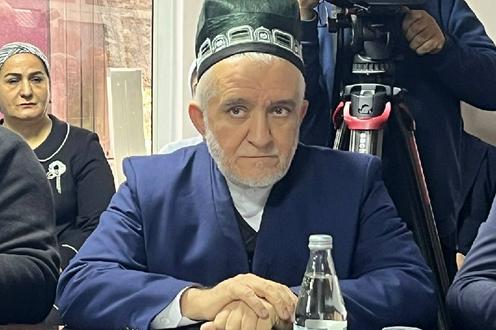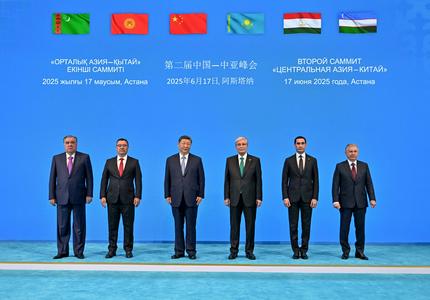The man who stabbed the head of Tajikistan’s Council of Ulema, Saidmukarram Abdulqodirzoda, last fall has been charged with extremism, Asia-Plus reports, citing the mufti himself.
During a press conference on January 31, Abdulqodirzoda stated that the case had already been transferred to court, with the first hearing held.
«I said: May Allah guide him. The trial is ongoing. I was summoned to the first stage of the proceedings, but I was busy and could not attend, so I sent my representative. My representative said that the man was crying bitterly and repenting. He claimed he had been misled, incited, and deceived, and that he did not realize what he was doing. He asked to convey his apologies to the mufti and expressed deep regret. I have not met him personally yet,» Abdulqodirzoda said.
Authorities have not disclosed the identity of the accused.
The attack occurred on September 11, 2024, when an unidentified man armed with a knife assaulted Abdulqodirzoda near Dushanbe’s central mosque, inflicting a stab wound.
Initially, the Ministry of Internal Affairs (MIA) described the incident as an act of hooliganism and confirmed that a criminal case had been opened, though they did not specify the exact charges at the time.
A month after the attack, Abdulqodirzoda stated that the assailant was part of an extremist group.
«This group consists of uneducated, narrow-minded young people who claim to serve Islam. If you trace the roots of these radical groups, you will see they are not true Muslims. They are recruited through the internet and social media. Those who recruit, incite, and direct them never actually meet them in person,» he noted.










